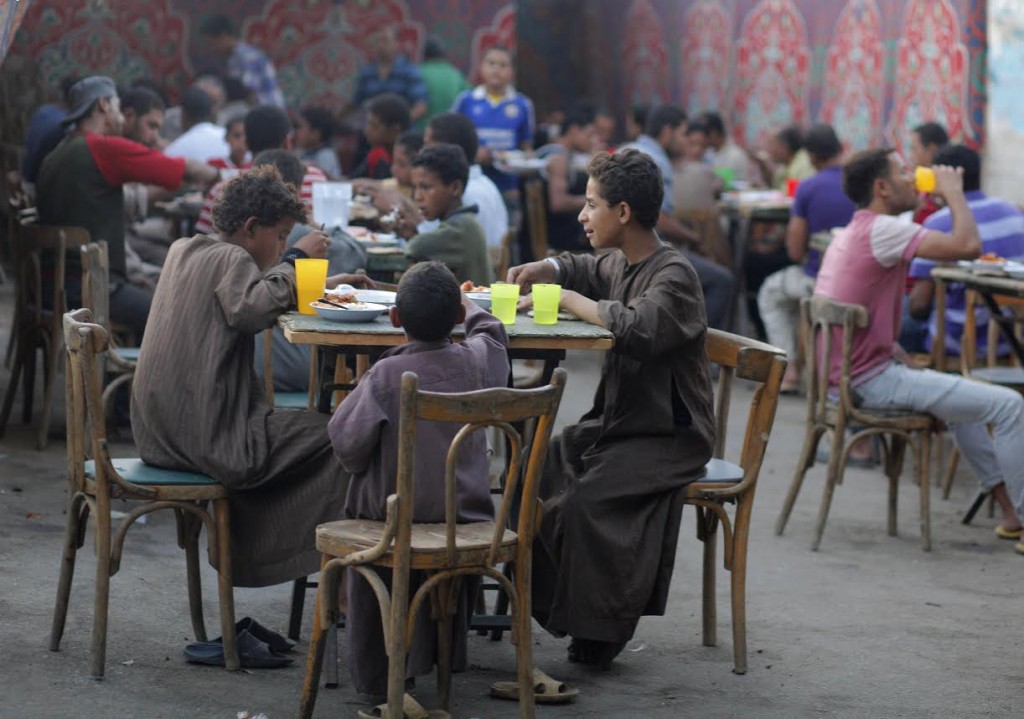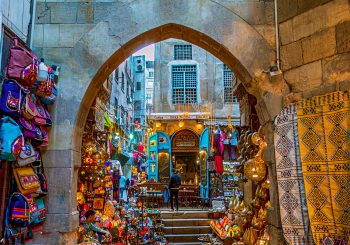Ramadan is the month that almost every Muslim in the world looks forward to – the month when you get to recant your sins and ask god forgiveness. But beyond that, Ramadan is the month of charity, unity, and genuine generosity.
Many charities and non-profit organizations use TV commercials and other marketing tools to call for much needed donations. They ask for clothing, food, medication and money to help out the homeless and the people living below the poverty line and we, as a society and regardless of our religious beliefs, respond to that.
Whether it’s through donations to a variety of charity organizations or simple acts of kindness towards strangers, we find a way to give back and simply honor the needs of those who are less fortunate than we are.
However once Ramadan is over and we no longer have constant reminders plastered on our television screens, the majority of donations are no longer provided and here’s exactly where we fall short.
According to the UN Food Program (WFP) and the International Food Policy Research Institute (IFPRI) there are currently 13.7 million Egyptians that suffer from food insecurity – 3.5 million of whom live in Cairo alone.
The Egyptian government’s Central Agency for Public Mobilization and Statistics (CAPMAS) reported that the country’s poverty rate has increased in the past 4 years and it estimates that the number of Egyptians living below the poverty line has reached 26.3% in urban areas and 58% in rural areas.

The rapid growth of this issue attracted national and international attention in recent years and there are many NGOs as well as governmental organizations that are trying to tackle down the problem.
There are numerous organizations that do plenty of work with the very small amounts of money they are given. Organizations like the Hope Village Society which focuses on the rescue and rehabilitation of homeless children and The Egyptian Food Bank which is dedicated to feeding the poor are in desperate need for public awareness because they rely solely on donations and sponsorship.
Nevertheless, we still need to have some sort of alternative solution. All Egyptian communities must mobilize and take action. Perhaps by starting individual projects and initiatives to feed the homeless and the poor on our very own streets and blocks – taking turns and feeding them by creating food stands that don’t shut down once Ramadan is over but is constantly there. For example, make it a point to feed a homeless person on your way to work or school and encourage your friends, family and neighbors to do the same: something as simple as bag full sandwiches provided by a capable person to an incapable person would do the deed.
Another simple idea can be adapted from a man in Saudi Arabia who put a fridge outside his home and urged his neighbors to donate left over food to feed the poor and the homeless.

Additionally, children are very impressionable and tend to imitate their parents’ actions. They learn at a very young age how to act and react to things and therefore we must show them that we all have social responsibilities and we must teach them to make due with theirs. They must learn that their very existence is essential to their community by encouraging them to be kind and generous to the poor and needy.
Being kind and generous shouldn’t have a time frame or an expiration date because a simple deed can go a very long way in a person’s life. What we do as individuals and as a society matters and we make the conscious choice and decision to either help out or turn a blind eye.
The solution to this major dilemma our society is currently facing does not have to be extravagant and over the top. The solution to this dilemma is minor acts done by those who are dedicated and empathetic enough to make a lasting change.







Comments (19)
Indeed! Islam is Peace. Lessons of Ramadan should ideally last all year round. Ramadan Kareem.
Nice article. I like how you emphasize the importance of the coalition of all these small deeds as opposed to big dramatic change that is often too idealistic to exist or to ambitious to be sustainable.
(Also there’s a typo here “there are currently 13.7 million Egyptians suffer from food insecurity “)
I wanted to add that I think the key part in charity is sustainability. There was an ad on TV a few years ago that mentioned that your money wasn’t just going towards feeding the poor, but giving them job opportunities/resources so that they could feed themselves.
Give a man a fish and he’ll be full for a day, teach him how to fish and he’ll be full for the rest of his life.
Thank you Omar for pointing out the typo. Sometimes one can read the article and just always miss it!
Dear omar
that is wonderful advice, I hope many people can read your comment and act
you got my respect.